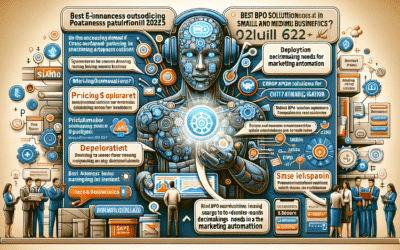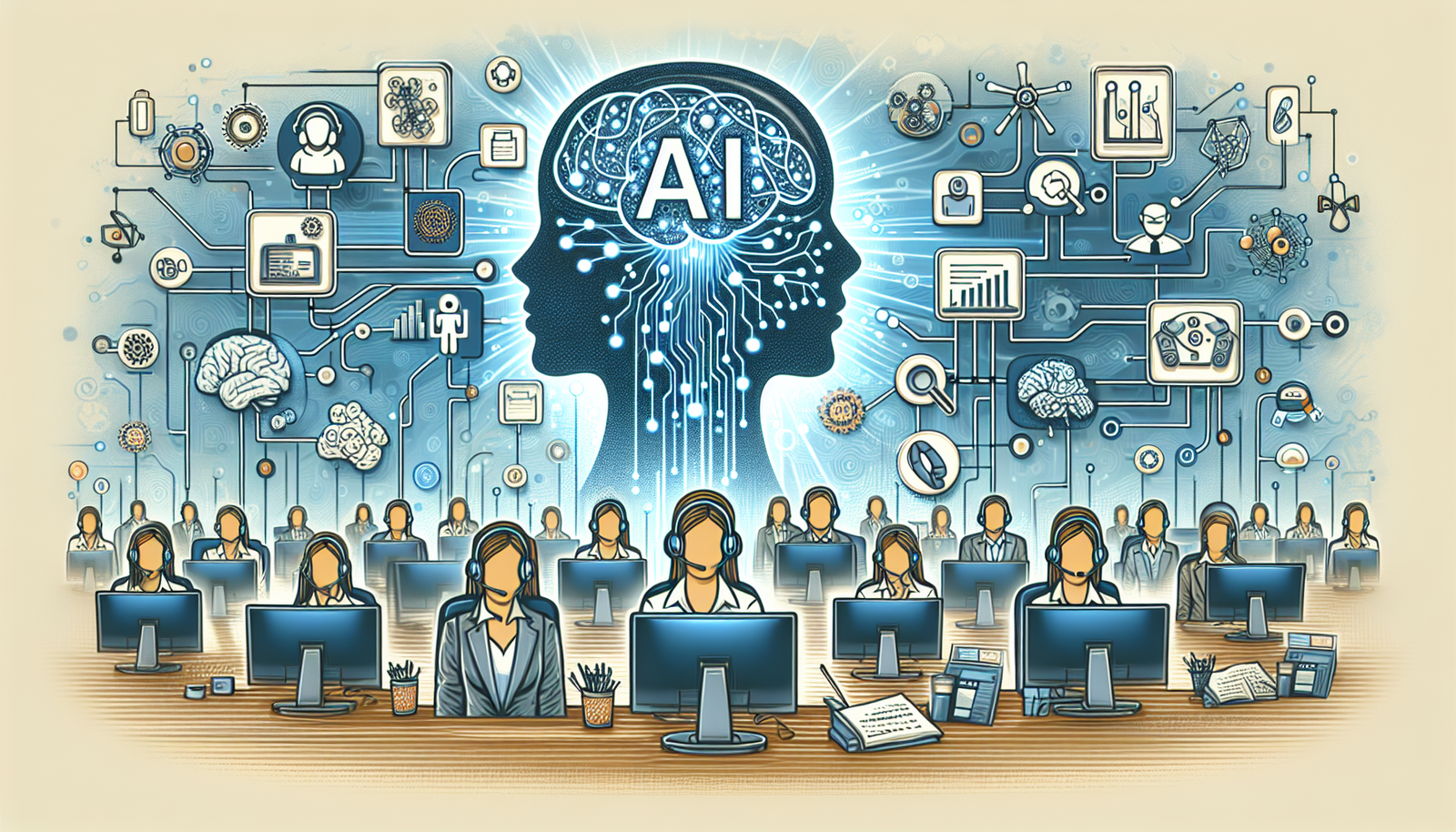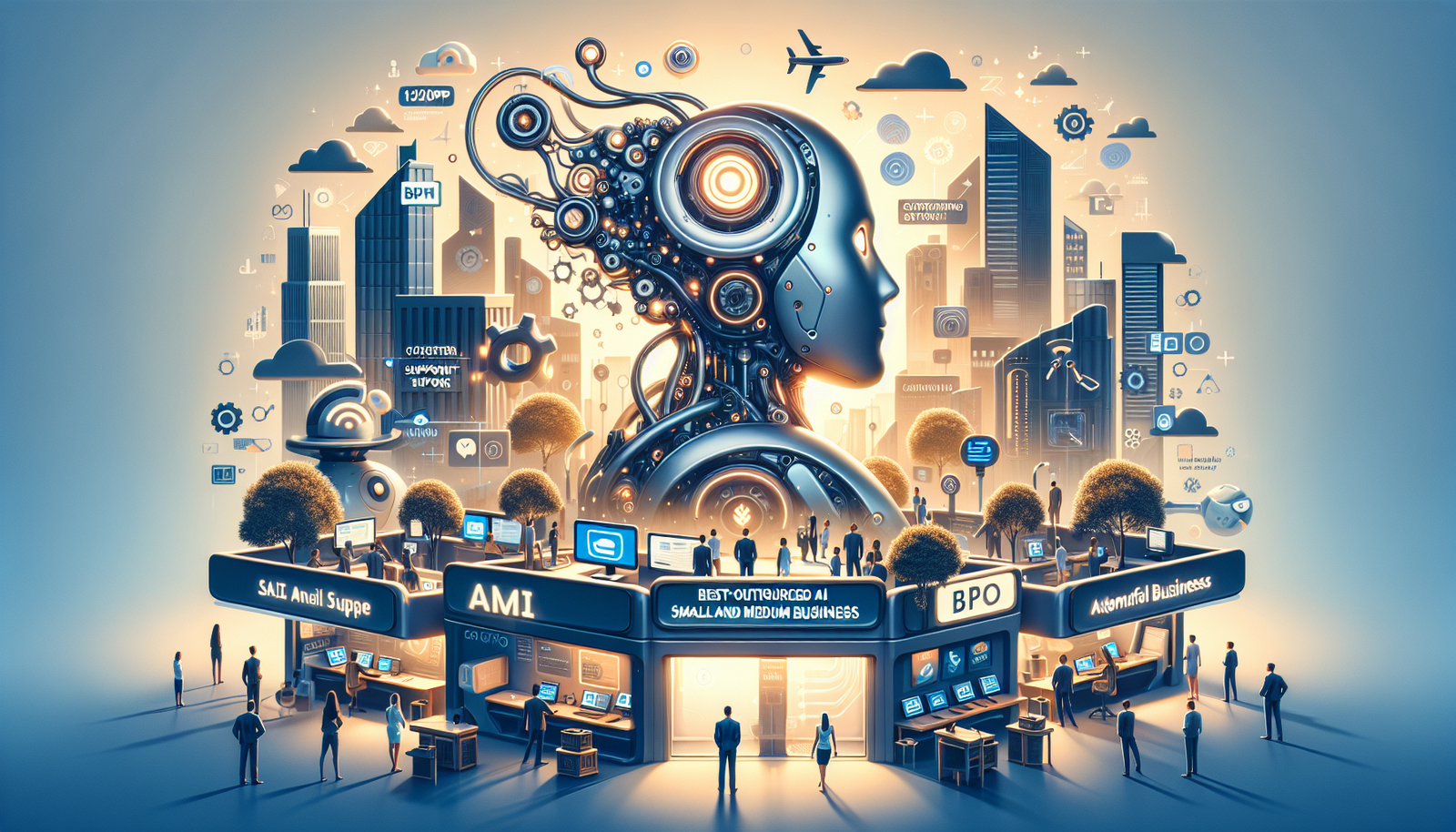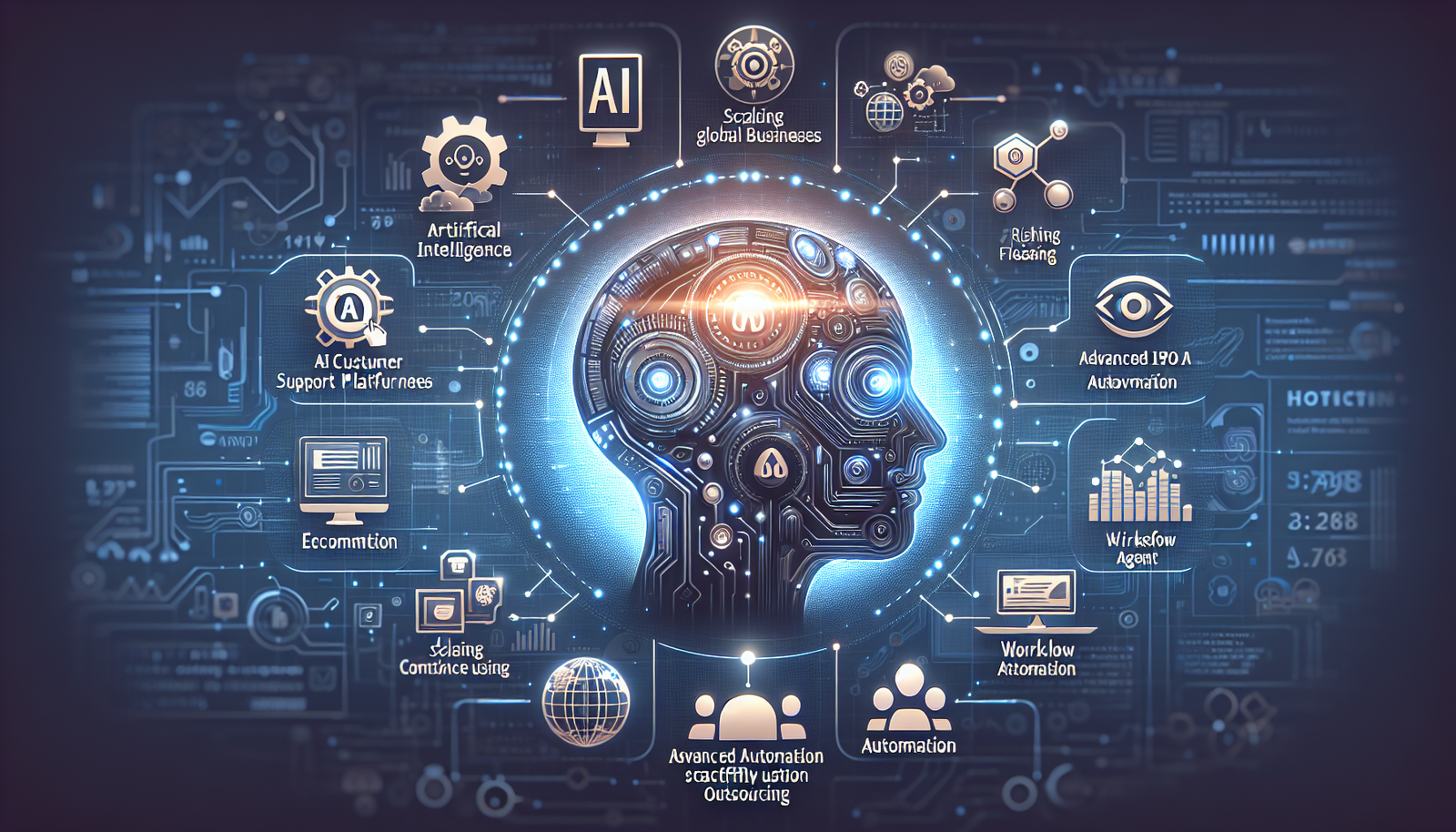Introduction: What is AI-Powered BPO?
AI-powered BPO, or Business Process Outsourcing enhanced through artificial intelligence, is a modern approach to outsourcing where intelligent technologies automate and optimize operational tasks. At its core, AI-powered BPO combines the traditional cost-saving benefits of outsourcing with emerging technologies like machine learning (ML), natural language processing (NLP), robotic process automation (RPA), and predictive analytics.
This shift reflects the growing demand for smarter, faster, and more flexible services across industries. As repetitive and rule-based tasks become automated, human agents switch focus to strategic and creative work—enhancing both efficiency and customer satisfaction.
How AI is Transforming Traditional BPO
From manual to intelligent automation
Traditional BPO models have relied heavily on human labor to complete tasks like data entry, invoice processing, customer service, and claims management. AI has changed this dynamic through automation technologies that can not only perform tasks but also learn and adapt over time.
Key technologies: NLP, ML, RPA, and analytics
- Natural Language Processing (NLP): Enables machines to understand and respond to human language, crucial for chatbots and virtual assistants.
- Machine Learning (ML): Allows systems to learn from data and make predictions, useful in fraud detection and customer segmentation.
- Robotic Process Automation (RPA): Automates repetitive, rule-based tasks like data transfer and form filling.
- Predictive Analytics: Uses historical data patterns to forecast outcomes and guide decision-making.
Use cases across BPO domains
AI is being applied across various BPO verticals:
- Customer service: AI chatbots respond to common queries, reducing wait times and operational load.
- Finance & accounting: Intelligent systems auto-reconcile invoices and flag anomalies.
- HR outsourcing: AI screens resumes, schedules interviews, and facilitates onboarding.
- Healthcare: Automates claim validation, coding, and patient data management.
How AI-Powered BPO Works
Workflow overview: Human + AI collaboration
In AI-powered BPO, automation is not a replacement for human workers but a complement. AI handles structured and repetitive processes while humans oversee strategy, exceptions, and complex tasks.
Example systems
- AI chatbots: Offer 24/7 support, answering common customer questions without human intervention.
- Data-mining tools: Extract valuable insights from raw inputs like emails or customer feedback.
- Intelligent Document Processing (IDP): Reads, classifies, and extracts relevant content from digital and physical documents.
Benefits for clients and service providers
For clients, AI-powered BPO means quicker turnaround times, improved accuracy, and cost efficiencies. For providers, it enables scale, better SLAs, and differentiation in a competitive market.
Pros and Considerations of AI in BPO
Advantages: scalability, accuracy, cost-efficiency
- Scalability: Systems can handle massive transaction volumes without linear increases in staff.
- Accuracy: Advanced pattern recognition and real-time checking reduce error rates.
- Cost-efficiency: Automated tasks significantly decrease overall operational costs.
Challenges: training data, compliance, human oversight
- Training data: AI models require large, quality datasets for accuracy.
- Compliance risks: Especially in finance and healthcare, AI systems must adhere to strict regulatory standards.
- Human judgment: Not all decisions can be automated—AI lacks context in complex or nuanced scenarios.
What’s Next for AI and BPO?
Predictions for AI-led outsourcing models
Future BPO models will likely embrace a hybrid approach—greater AI integration for back-end tasks, while humans specialize in creative problem-solving and relationship management. Hyperautomation, where multiple AI technologies work in concert, is expected to gain traction.
How businesses can prepare for adoption
- Audit current processes to identify automation candidates.
- Invest in AI-friendly infrastructure and platforms.
- Train employees on AI collaboration tools and governance practices.
FAQs About AI-Powered BPO
What is the difference between traditional BPO and AI-powered BPO?
Traditional BPO relies on human labor for task execution, while AI-powered BPO uses technologies like ML and RPA to automate and improve process efficiency.
Does implementing AI in BPO reduce jobs?
AI may replace low-skill, repetitive tasks, but also creates new roles in AI oversight, data analysis, and automation governance.
Which industries benefit most from AI-powered BPO?
Industries with high transaction volume and well-defined processes—like BFSI, healthcare, and retail—benefit the most from AI-powered BPO services.
Focus Keyword: AI-powered BPO






